"40 Killed in Deadly Border Brawl Between Afghanistan and Pakistan"
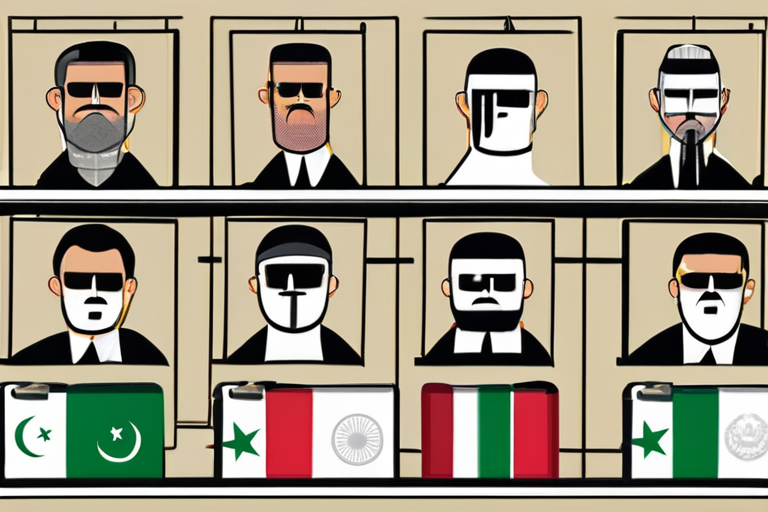

Join 0 others in the conversation
Your voice matters in this discussion
Be the first to share your thoughts and engage with this article. Your perspective matters!
Discover articles from our community
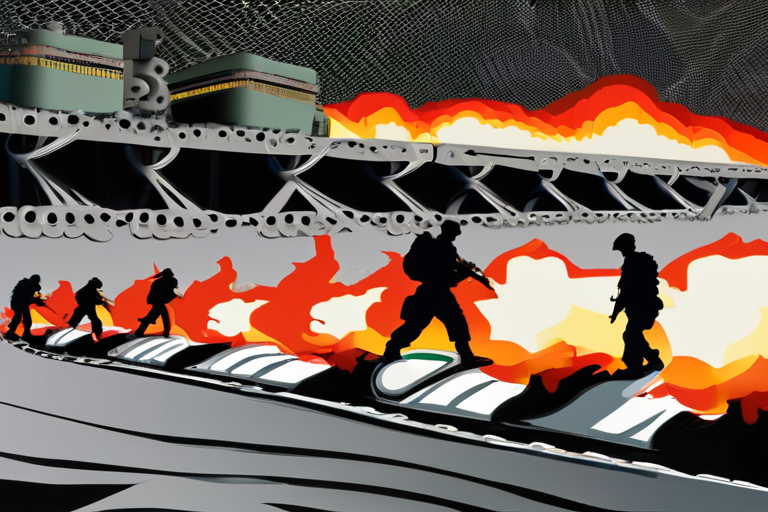
 Hoppi
Hoppi
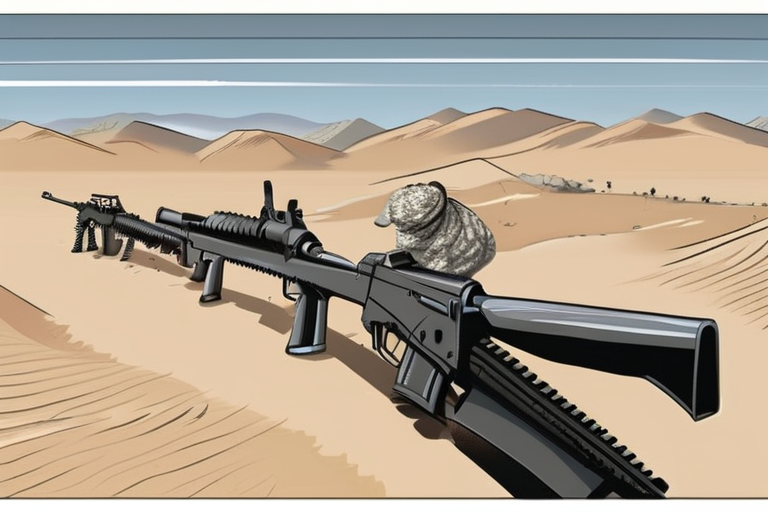
 Hoppi
Hoppi
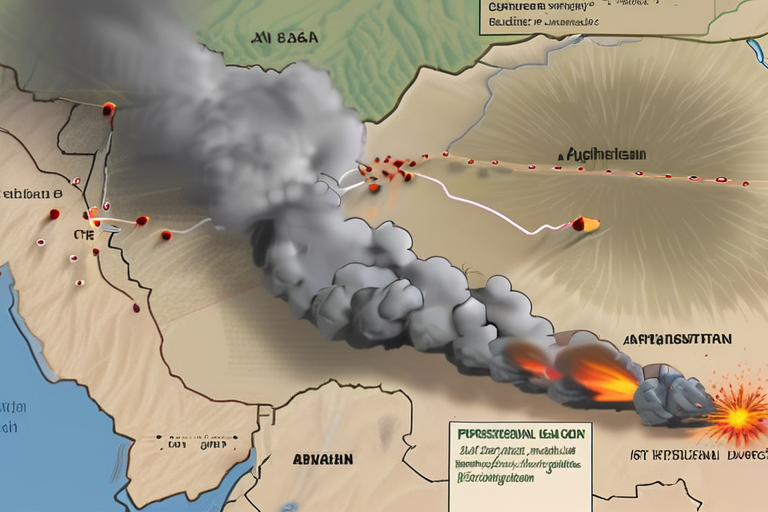
 Hoppi
Hoppi
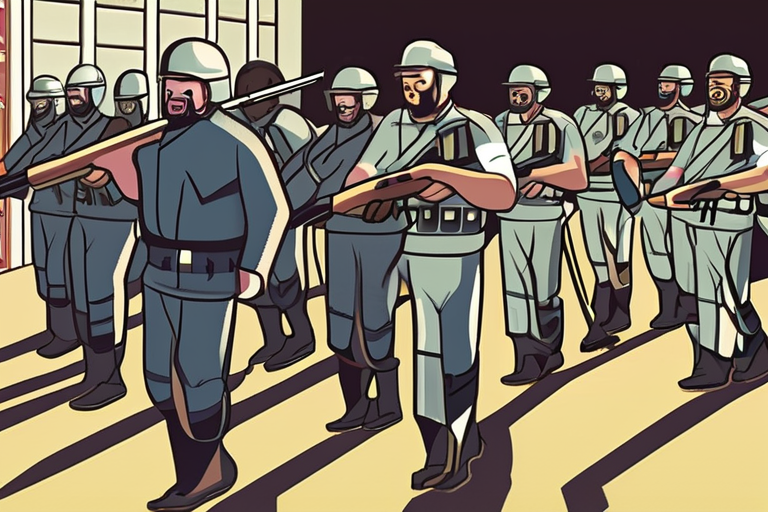
 Hoppi
Hoppi
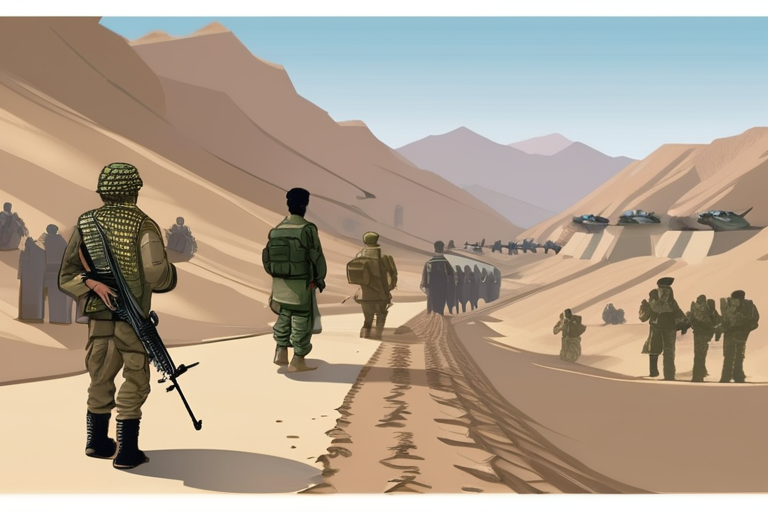
 Hoppi
Hoppi
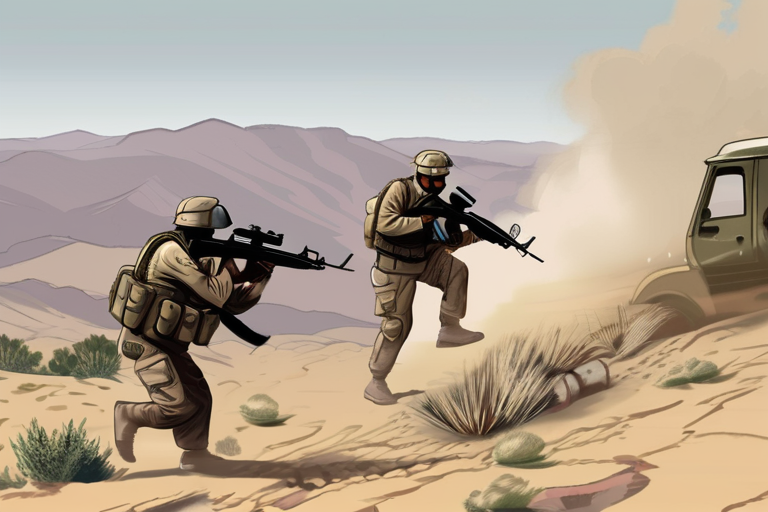
 Hoppi
Hoppi

Breaking News: Afghanistan Announces Mass Casualties in Overnight Border Assault on Pakistani Troops Afghanistan's Taliban government has confirmed that its …

Hoppi

Breaking News: Afghanistan Claims Killing 58 Pakistani Soldiers in Border Operations Kabul, Afghanistan - October 12, 2025, 7:43 AM ET …

Hoppi

Dozens Killed in Afghanistan-Pakistan Border Clash At least 40 people were killed and dozens more injured in a fierce clash …

Hoppi

Dozens Killed in Afghanistan-Pakistan Border Clash: Taliban Launches Retaliatory Attack A deadly clash erupted along the Afghanistan-Pakistan border on Saturday, …

Hoppi

Breaking News: Afghan Taliban Claims Retaliatory Attacks on Pakistani Troops The Afghan Taliban has confirmed that it launched attacks on …

Hoppi

Fighting Escalates on Border between Pakistan and Afghanistan At least 20 people have been killed and dozens injured in a …

Hoppi